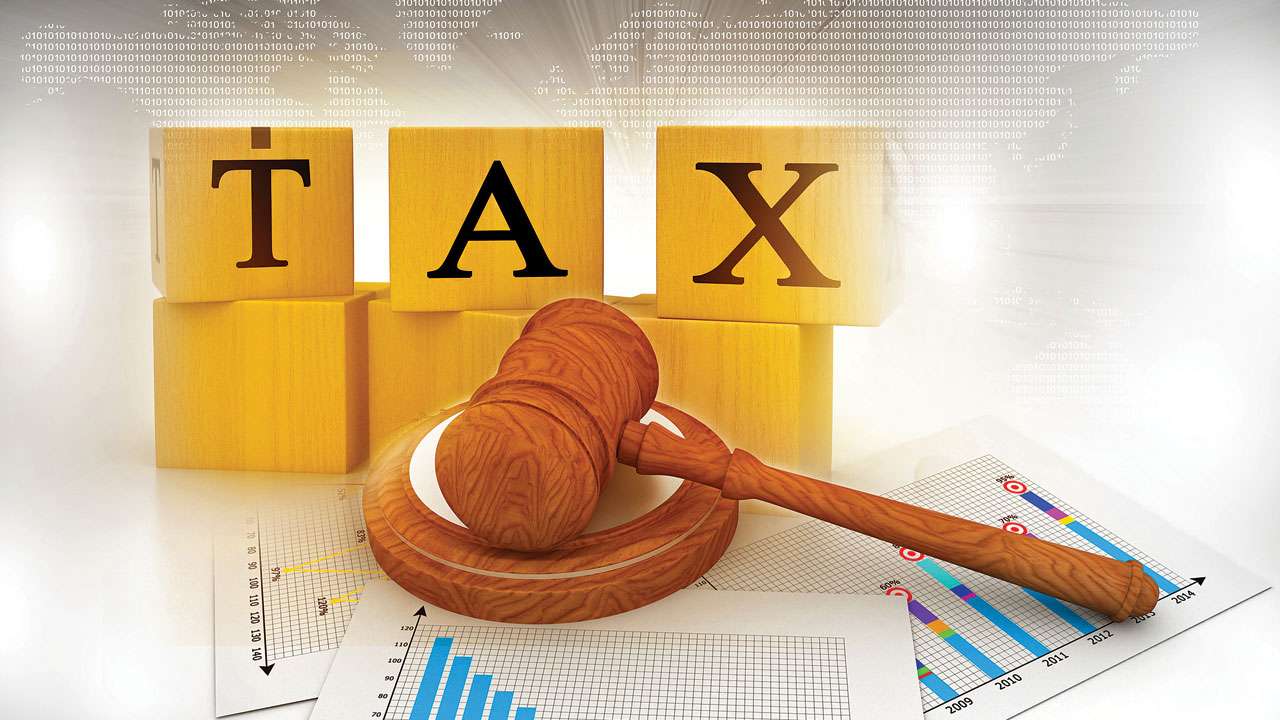
An employee of Infosys BPO filed his return of income for assessment year 2007-08 within the prescribed due date. The taxpayer had offered to tax an amount of Rs 20.41 lakh as long-term capital gains (LTCG) arising on the transfer of Employee Stock Ownership Plan (Esop) options. The taxpayer had transferred 6,000 ESOP options to Infosys Technologies, out of which 3,750 options were long term and 2,250 options were short term in nature. Out of the 3,750 options, 1,250 options were granted on February 28, 2003 and another 2,500 options on February 2, 2004. All these options were transferred to Infosys vide an agreement dated March 7, 2007. As these options were held for more than three years, the taxpayer offered the gains as LTCG and also claimed deduction u/s 54EC of the Income Tax Act ('the Act'). Section 54EC of the Act prescribes a deduction from LTCG for the amount invested in specified long-term bonds.
During the course of assessment proceedings, the tax officer was of the view that the holding period the options cannot be counted from the date of granting of options, as prior to the vesting date the individual cannot exercise any such right to transfer of options. He argued that options have no value without their exercise and, hence, gains derived by their transfer, essentially represent the exercise by the taxpayer of his rights, which the options had rendered to him. The tax officer, therefore, treated the date on which the options were transferred as the date of exercise and thereby the period of holding of the said options was reduced to one day. Consequently, the tax officer in the assessment order treated the LTCG of Rs 20.41 lakh as STCG and also denied exemption claimed u/s 54EC of the Act, which can be claimed only against LTCG.
The first appellate authority did not offer any relief to the taxpayer under appeal.
Before the second-level authority, the taxpayer argued that the options, transferred to Infosys were transferred as such without exercising the said options and added that they were not transferred to any outsider, but was taken back by Infosys itself. In view of these facts, the options were in fact capital assets held by the taxpayer, since the date of grant of options and for the purpose of computing the period of holding, the same were held for more than 36 months. As the options were transferred without any exercise, the period of holding was long term. The taxpayer, in the alternative, submitted that had it been a case where the ESOP options were exercised, shares allotted and subsequently if the shares are sold, then the gains from sale of such shares would be STCG.
Based on facts of the case, the tribunal observed that both the tax officer as well as the first appellate authority have ignored an important fact that the 3,750 options was in fact a buyback by Infosys (under confirmation by Infosys BPO) without any exercise of options. In the absence of exercise of options, no shares were allotted to the taxpayer. The Esop options provided valuable right to the taxpayer to exercise and have allotment of shares. Thus they were capital assets, held by the taxpayer from the date of grant, that is, February 28, 2003 and February 2, 2004, for which a consideration was paid to the taxpayer under the transfer agreement. The Tribunal concluded that the capital gains arising from the transfer of these options should be considered as LTCG. Subsequently, the exemption claim u/s 54EC of the Act was allowed.
The writer is a Sebi-registered investment advisor